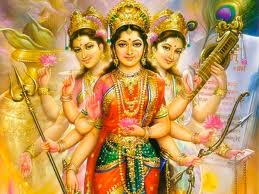When will 'news' from remote areas matter? When tribal people, land less farmers revolt, they are heard. For example,farmers are standing in water(in rivers) to protest against dams.Their causes are ignored.When farmers do not produce enough and prices of vegetables rises high, then their plight comes to light. Then, nothing is done as the farmers cannot become an united group. Same holds true of tribal populations who are protesting against land acquisitions. Their causes are never heard. News are just not reported as if they do not matter. In depth coverage is just not done.Only name sake reporting is done--a single line in 'news channel'
We do not know 'how to present the 'news' or 'how to make good quality comments'. We need correct perspective for that. We only see how the 'news' affects us. But these 'news' affect all of us because our nation's progress is our people's progress.Shallow reporting is highly insufficient.The common people's plight is not covered, while corporate interests are fully covered.Many times stories are planted to provide credibility to interests of the corporate firms. For example, conflicts over natural resources is presented in a different viewpoint. Struggle between the capital wielders and labour is shown differently. This kind of misrepresentation will bring about more disillusionment and more public unrest in the future times to come. To know ourselves, we must know our India, the entire India.

No comments:
Post a Comment